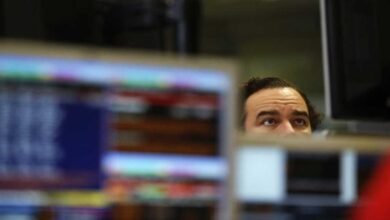Nigeria Inflation Eases for Fourth Straight Month, but Rising Food Prices Remain a Concern

ABUJA – Nigeria’s annual inflation rate continued its downward trend for a fourth consecutive month, slowing to 21.88% in July 2025, according to the latest data from the National Bureau of Statistics (NBS).
The figure, down from 22.22% recorded in June, indicates that price pressures on the broader economy are beginning to moderate. The positive trend was largely attributed to a more stable currency and a decline in domestic gasoline prices, which have a significant impact on transportation and production costs.
Despite the improvement in the headline rate, households continue to face pressure at the grocery store. Food inflation, a critical component of Nigeria’s consumer price index, accelerated for the second month in a row, climbing to 22.74% in July from 21.97% the month before. This highlights an ongoing challenge for consumers, as food accounts for a substantial portion of household spending.
Further supporting the overall cooling trend, the core inflation rate, which excludes the volatile prices of agricultural produce and energy, also eased. It fell to 21.30% in July from 21.76% in June, suggesting that underlying price pressures in the economy are also moderating.
On a month-on-month basis, however, the Consumer Price Index (CPI) saw a faster increase, rising by 1.99% in July compared to a 1.70% rise in the previous month.





